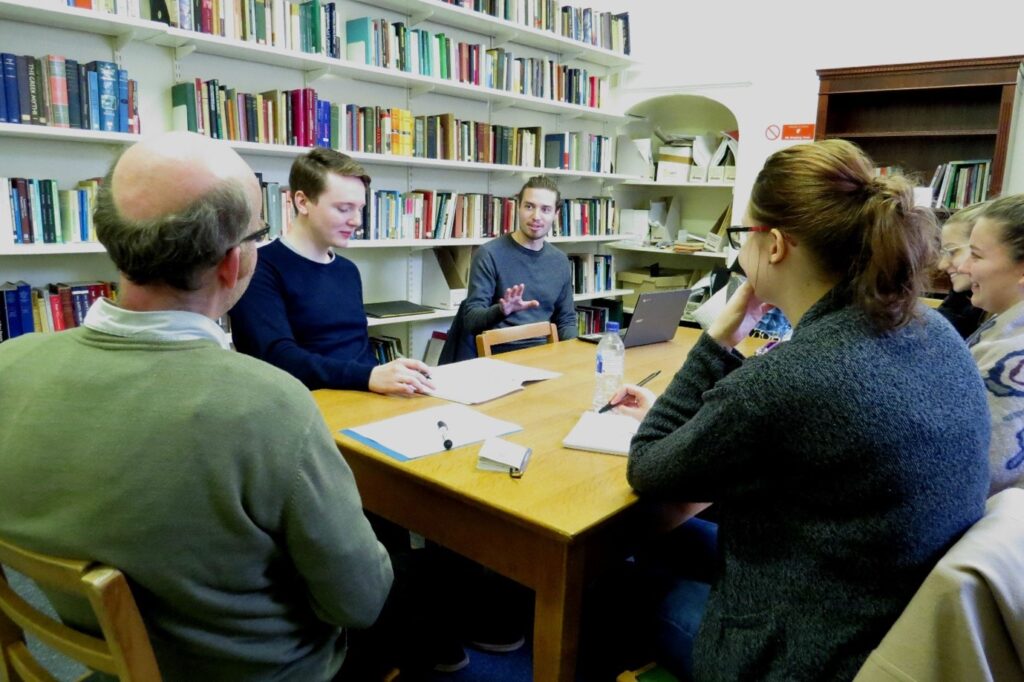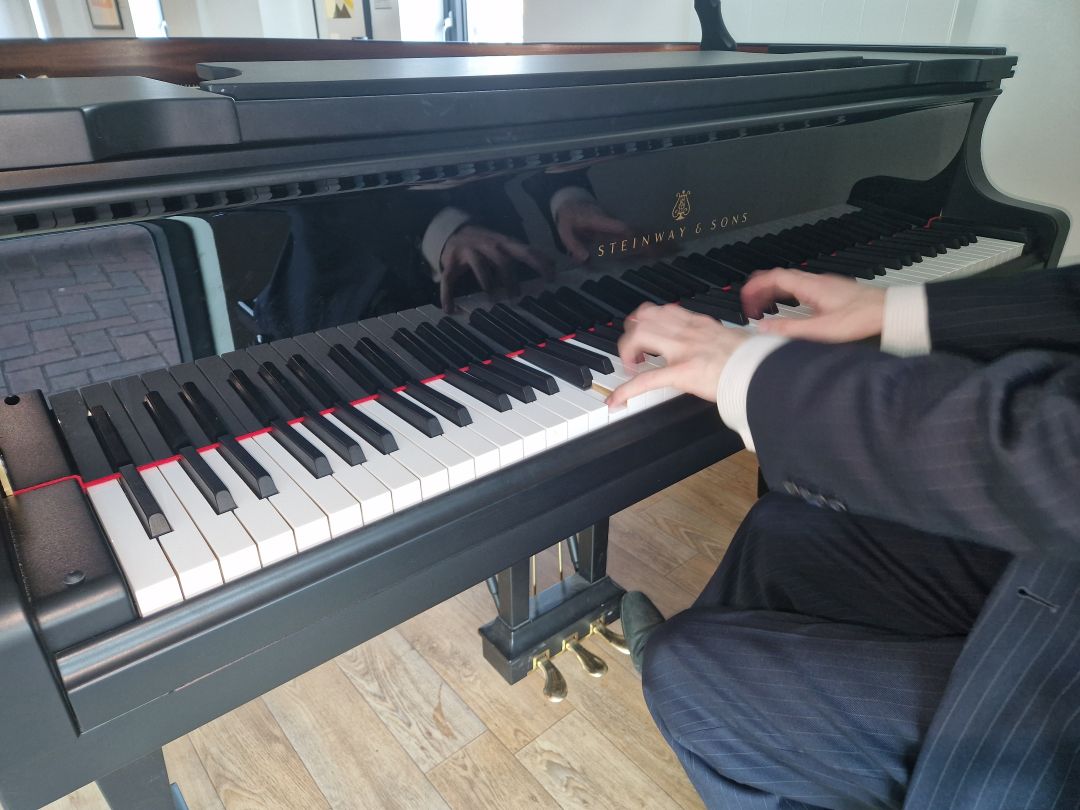Why Philosophy?
As someone who has always annoyed her parents by constantly asking ‘why?’, the opportunity that Philosophy offered me to come up with my own conclusions on life’s biggest and most fundamental questions intrigued me. The chance to engage in exciting discourse on a wide variety of topics such as existence, logic, reality, value, morality, knowledge and meaning seemed right up my street. If you’re someone who craves a deeper understanding of people, the world or life in general, then Philosophy is the subject for you.
Why Durham?
The department:
I chose Durham to study Philosophy as, not only is it a well reputed university in general, it is also ranked as one of the top 10 universities for Philosophy in the UK. The academic staff that makes up this department are experienced, knowledgable and experts in their field. Help and guidance is always offered by the staff during contact hours, at the end of lectures or seminars or through a chain of emails. Whether it is essay advice that you need, help going over a particular theory or you just want a chat about a mutual topic of interest, Durham’s Philosophy department is approachable and supportive. There are always extra resources and reading materials at hand (if you want to challenge yourself!) and the academics always have recommendations to expand your knowledge or consolidate your understanding.
The modules:
The thing I love most about Philosophy at Durham is the fact that you can really tailor your learning to suit your interests. Choosing modules is largely up to you to decide so you can really develop in your strengths. Even in first year where the majority of modules are set, there is a lot of variety in the topics offered: from the logic of Analytic philosophy to the existentialism of Continental philosophy. This range of topics has given me a well-rounded and broad understanding of Philosophy as a discipline and has really helped me to figure out which parts of philosophy I enjoy and would like to carry on with in future years.

Seminars:
As discussion is a fundamental factor of the practice of philosophy, seminars are extremely helpful in strengthening your debating skills. Not only do they really help you to get to grips with the content given in lectures, you are also exposed to different perspectives from your peers (which are always good to consider when creating and supporting an argument). I really enjoy using this time to discuss concepts and theories with my seminar leaders who are all enthusiastic experts. Aside from the academic benefits of this more intimate style of learning, I have found that seminars are also a great way of meeting like minded and similarly inquisitive people.
An average week as a Philosophy student
Like most other humanities subjects, a lot of the work, reading and research in Philosophy is done independently. Although this might seem a daunting prospect at first, it means you can focus on the things you feel you need to work on and create your own study timetable to suit you. In an average week, I have around eight contact hours (which just means how many hours I spend in lectures and seminars altogether).
For all seminars and most lectures, pre-reading will be given which basically gives you a base knowledge of the topics and philosophers that will be discussed. Nearing the end of terms, essays are set which can either be summative (work that contributes to your overall grade) or formative (work that doesn’t contribute to your overall grade but is really good practice).

Experiences
After the challenges of Covid, the Philosophy department are keen to resume their staff-student experience events. An example of this that has just been offered is a free, all-day outing to Hamsterley Forest which includes a well-being walk and a ‘forest bathing meditation session’. Events like these are exciting chances for the Philosophy cohort to come together, creating opportunities to expand your circle of friends and to experience fun days out!
Discover more
About studying Philosophy at Durham here
Download our latest prospectus and college guide here.
Follow our students on Instagram, TikTok and YouTube.









